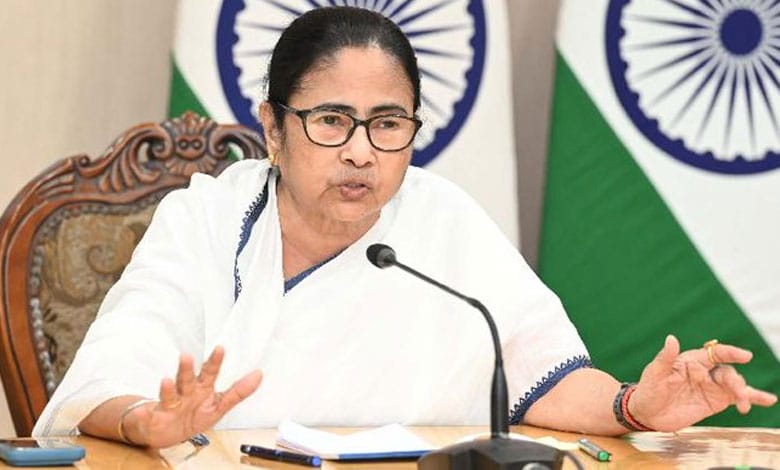
The Calcutta High Court's verdict has sparked significant controversy and concern among various communities and political figures in West Bengal. The ruling specifically challenged the legitimacy of the OBC status for certain castes, which had been previously recognized under state and central government policies. This development has provoked a swift reaction from state authorities who argue that the High Court's decision undermines established affirmative action measures and could adversely affect thousands of individuals and families.
In its petition to the Supreme Court, the West Bengal government argues that the High Court's ruling disregards the socio-economic realities faced by these castes. Officials assert that the decision fails to account for the extensive data and research underpinning the initial OBC classifications, which were based on comprehensive assessments of socio-economic conditions and historical disadvantages faced by these communities.
Political leaders and advocacy groups in West Bengal have expressed alarm over the potential consequences of the High Court's decision. They warn that the removal of OBC status could lead to a reduction in the availability of reserved seats in educational institutions and a loss of employment opportunities in government positions for affected individuals. This could exacerbate existing inequalities and undermine efforts to promote social justice and economic upliftment for marginalized groups.
The Supreme Court's response to the West Bengal government's petition will be closely watched, as it could set a significant precedent for similar cases across India. The outcome of this legal battle will not only impact the affected castes in West Bengal but also influence the broader discourse on affirmative action and caste-based reservations in the country.
As the legal proceedings unfold, stakeholders from various sectors, including education, employment, and social justice, are preparing for potential shifts in policy and practice. The case highlights the ongoing tensions between legal interpretations of affirmative action policies and the practical needs of disadvantaged communities.
The West Bengal government's appeal underscores the critical importance of maintaining robust affirmative action measures to address systemic inequalities and support socio-economic development for historically marginalized groups. The legal community and public at large await further developments in this high-stakes case, which could have lasting implications for the administration of caste-based reservations and the broader framework of social equity in India.
